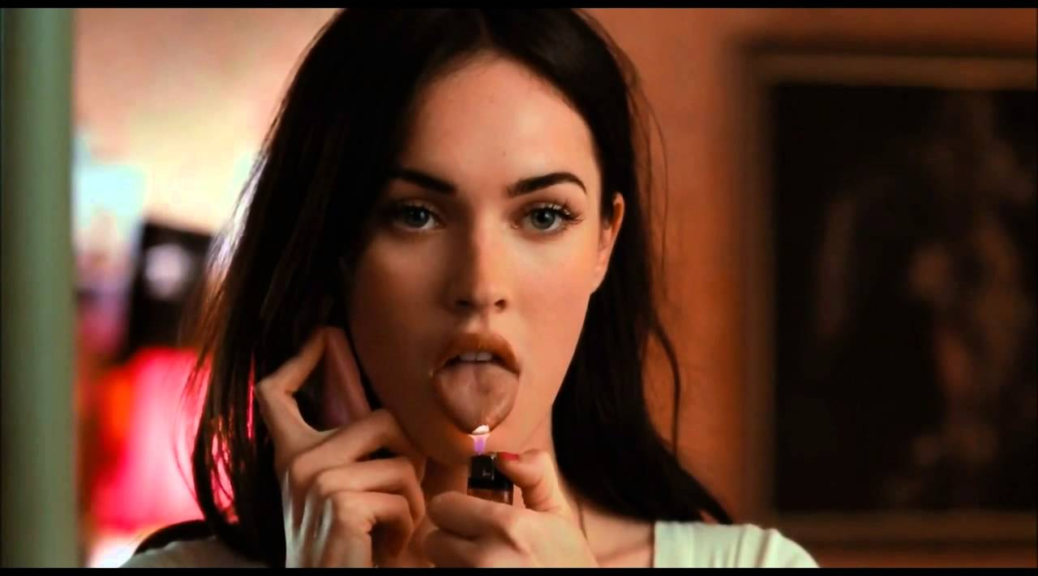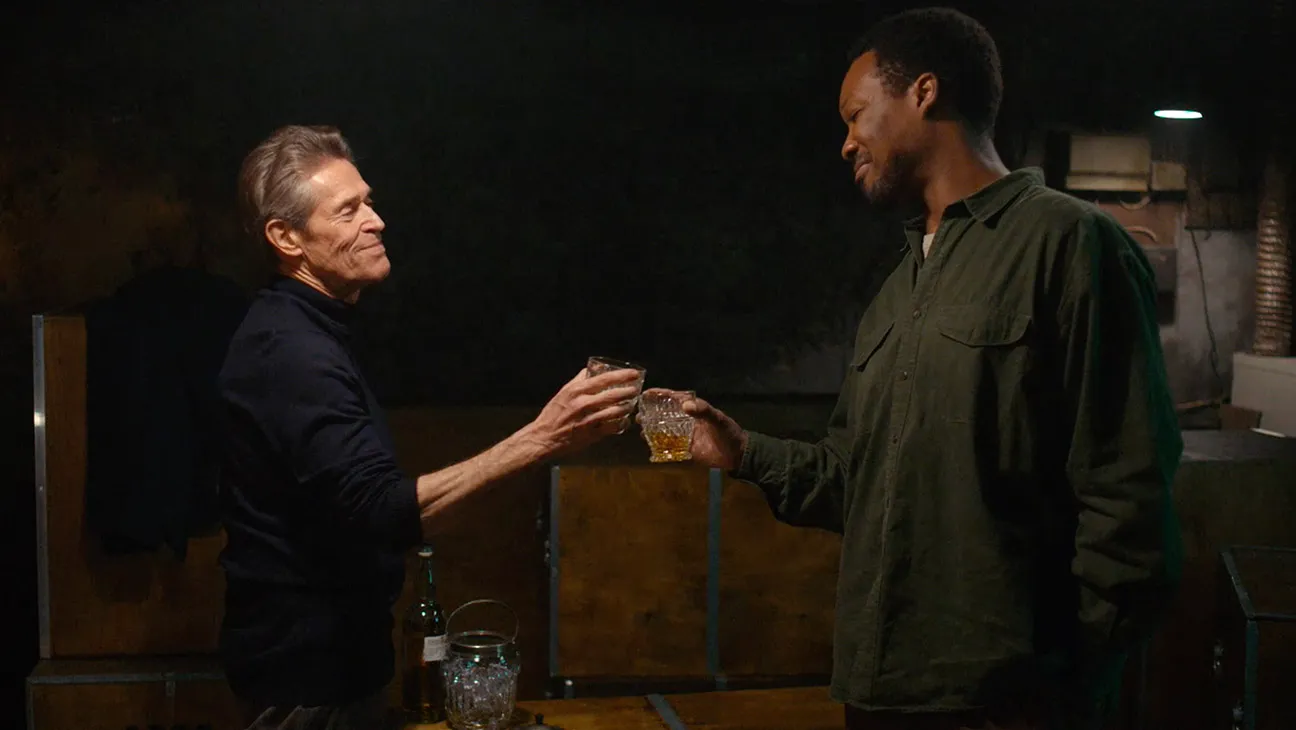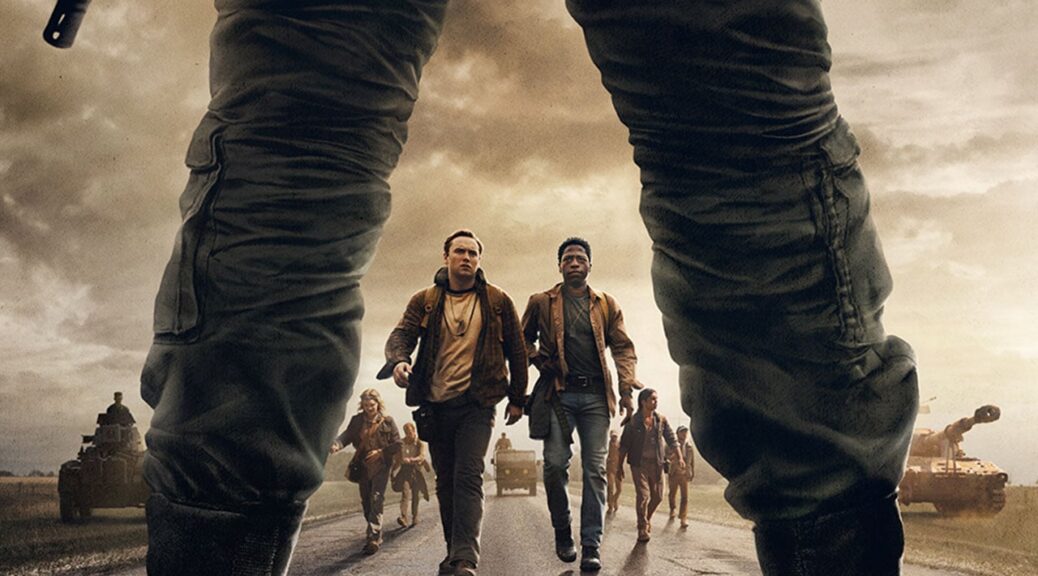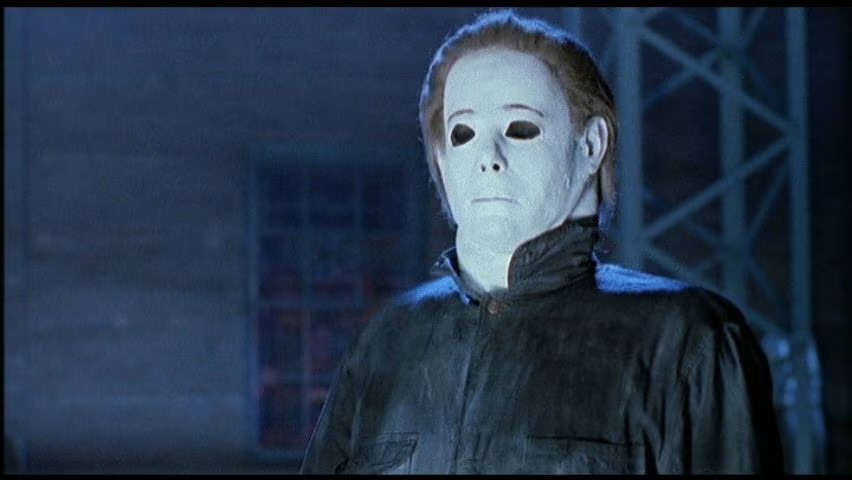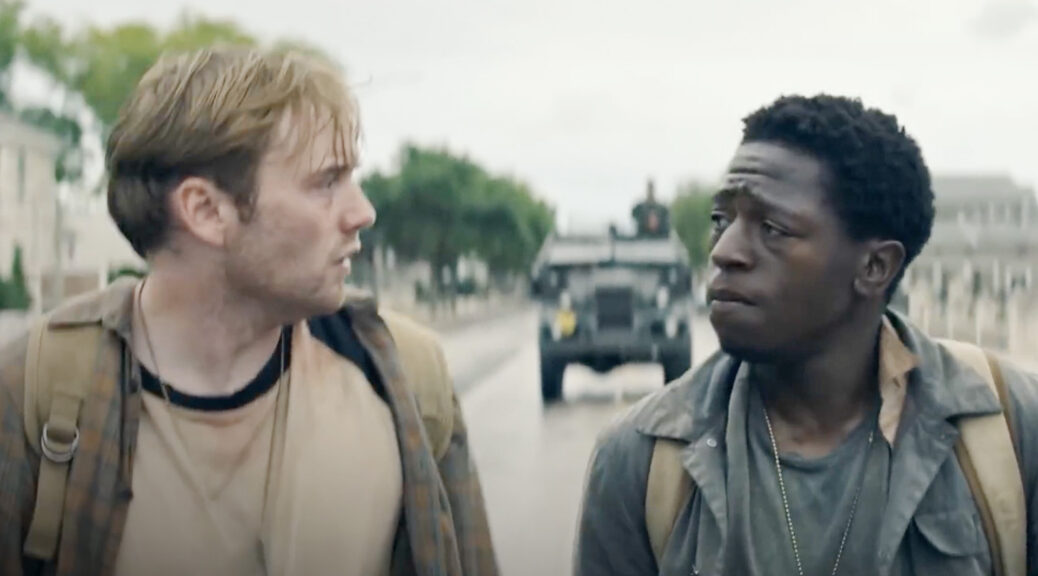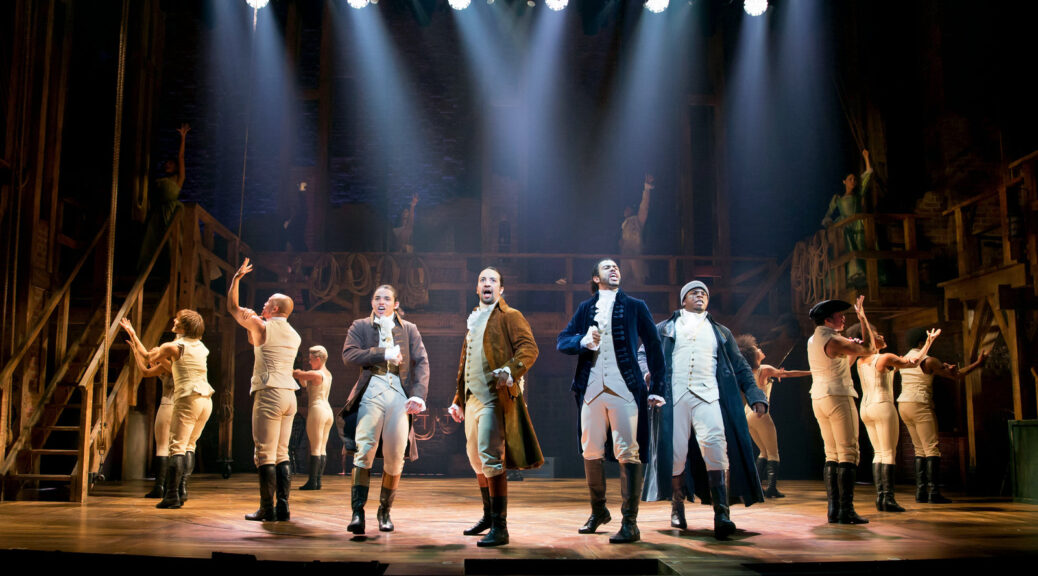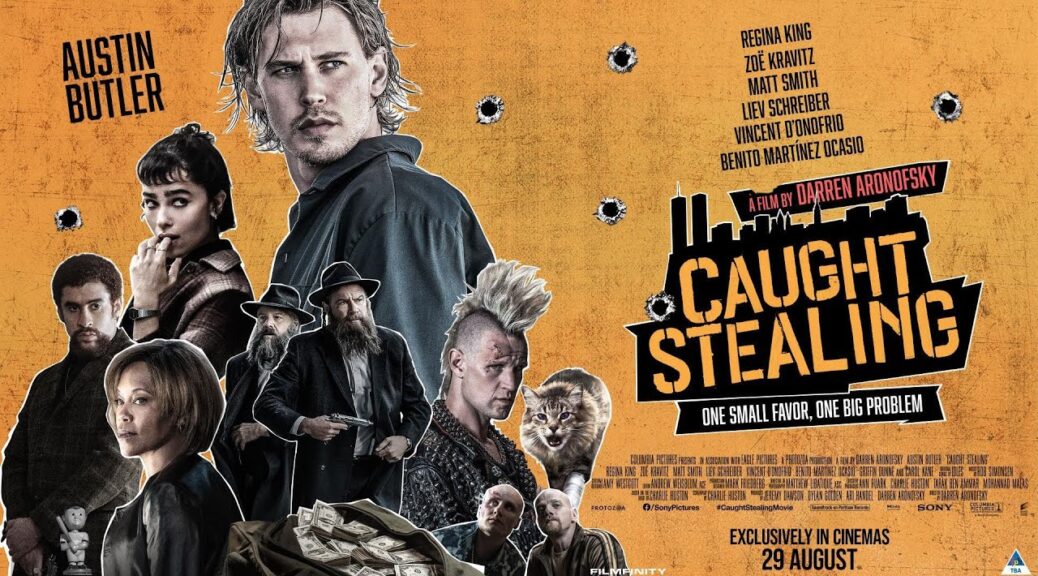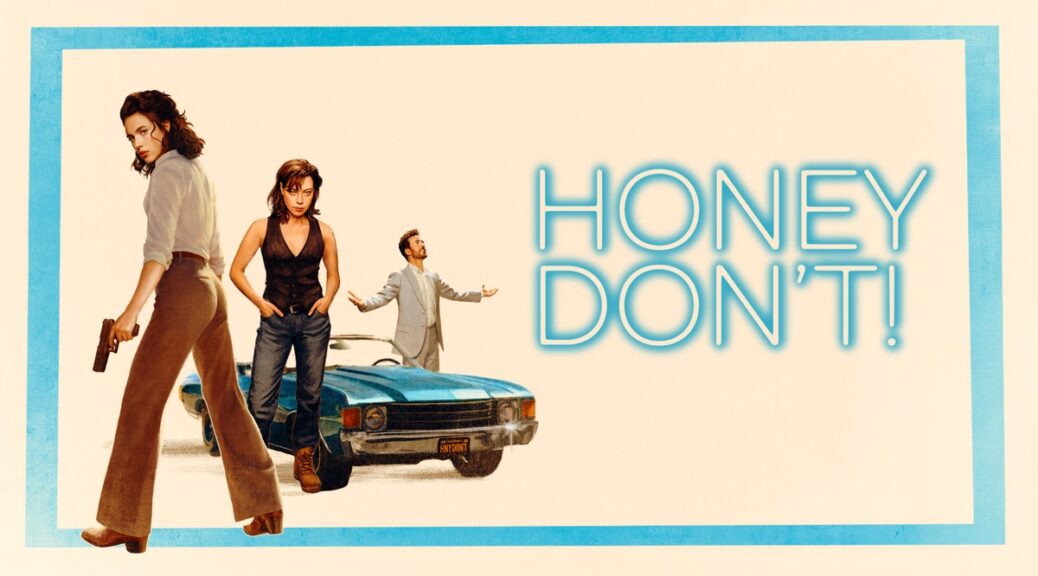High school can be a tough time. What the youth of today need are role models. Soul eaters. Werewolves. Witches. Girls who know their way around a power drill. There’s so much the teens in these films can teach us!
5. Slumber Party Massacre (1982)
There is a wild juxtaposition at work beneath what could be mistaken as a trope-riddled slasher. Director/co-writer Amy Holden Jones, writing with Rita Mae Brown, deliver over-the-top cliche (teens in a sleepover undressing in full view of a window, one wearing a negligee, etc.), laughably phallic imagery (that power drill!), and the very traditional hack ’em up stuff.
But the behavior of these high school girls at the sleepover, and the one across the street pining to be part of the group, is so wildly masculine it’s hilarious. One hides a Play Girl magazine (the one with Stallone on the cover!) under her pillow, while those undressing together discuss the play of then-Cleveland Browns quarterback Brian Sipe.
The combination of elements subvert expectations even as they wallow in cliche. It’s such a great B-movie that even Tarantino lifted one scene wholesale for his masterpiece, Pulp Fiction.
4. The Craft (1996)
Three Catholic high school outcasts find solace in each other, a coven they create for safety, escape, harmony, and camaraderie. Fairuza Balk is perfection as Nancy, the loose cannon leader of the group. And even though dreamboat asshole Chris (Skeet Ulrich) prefers new girl Sarah (Robin Tunney), Nancy and the coven (Neve Campbell and Rachel True) embrace her.
And that’s what they needed to find real power. With their fourth they learn that power sometimes only amplifies problems. But it’s great while it lasts, and Nancy turns into one of the best badasses in 90s horror.
3. Jennifer’s Body (2009)
If Ginger Snaps owes a lot to Carrie (and it does), then Jennifer’s Body finds itself even more indebted to Ginger Snaps.
The central premise: Boys are stupid, throw rocks at them. Better still, lure them to an isolated area and eat them, leaving their carcasses for the crows. This is the surprisingly catchy idea behind this coal-black horror comedy.
In for another surprise? Megan Fox’s performance is spot-on as the high school hottie turned demon. Director Karyn Kusama’s film showcases the actress’s most famous assets, but also mines for comic timing and talent other directors apparently overlooked.
Amanda Seyfried’s performance as the best friend, replete with homely girl glasses and Jan Brady hairstyle, balances Fox’s smolder, and both performers animate Diablo Cody’s screenplay with authority. They take the Snaps conceit and expand it – adolescence sucks for all girls, not just the outcasts.
2. Knives and Skin (2019)
Falling somewhere between David Lynch and Anna Biller in the under-charted area where the boldly surreal meets the colorfully feminist, writer/director Jennifer Reeder’s Knives and Skin offers a hypnotic look at Midwestern high school life.
Knives and Skin’s pulpy noir package lets Reeder explore what it means to navigate the world as a female. As tempting as it is to pigeonhole the film as Lynchian, Reeder’s metaphors, while fluid and eccentric, are far more pointed than anything you’ll find in Twin Peaks.
And everyone sings impossibly appropriate Eighties alt hits acapella. Even the dead.
1. Ginger Snaps (2000)
Sisters Ginger and Bridget, outcasts in the wasteland of Canadian suburbia, cling to each other, and reject/loathe high school (a feeling that high school in general returns).
On the evening of Ginger’s first period, she’s bitten by a werewolf. Writer Karen Walton cares not for subtlety: the curse, get it? It turns out, lycanthropy makes for a pretty vivid metaphor for puberty. This turn of events proves especially provocative and appropriate for a film that upends many mainstay female cliches.
Walton’s wickedly humorous script stays in your face with the metaphors, successfully building an entire film on clever turns of phrase, puns and analogies, stirring up the kind of hysteria that surrounds puberty, sex, reputations, body hair and one’s own helplessness to these very elements. It’s as insightful a high school horror film as you’ll find, peppered equally with dark humor and gore.
